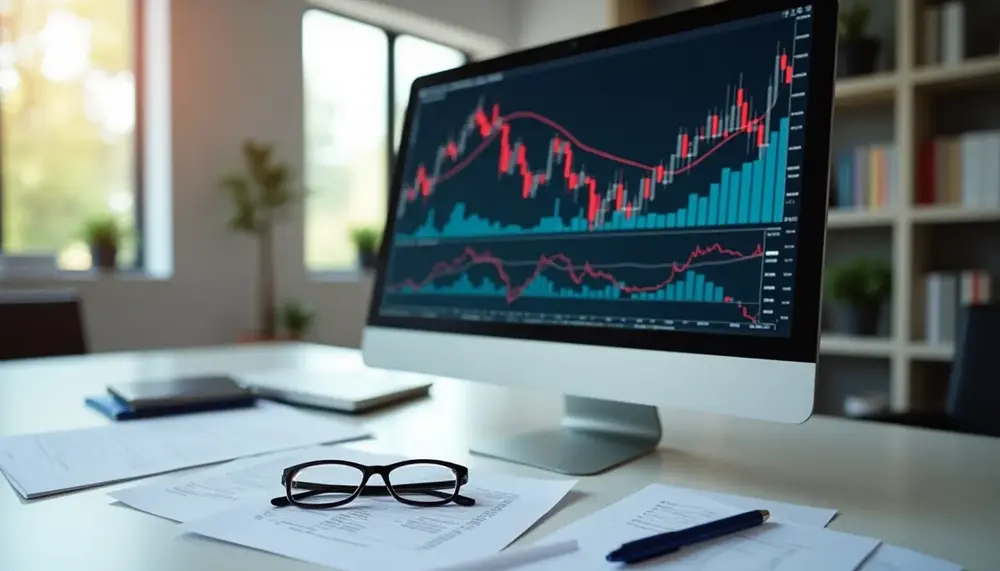Insider Trading
Insider Trading
Insider Trading is a term you might have come across a few times when navigating the world of trading. While it sounds like a mysterious practice known only by a select few, it is, in reality, an important concept for all traders to understand, whether novices or seasoned experts.
Understanding Insider Trading
In the simplest terms, Insider Trading refers to buying or selling a company's shares based on non-public, material information about that company. In essence, it's a kind of trade executed by someone who has inside or proprietary information, enabling them to gain an unfair advantage over outsiders who are hindered by their lack of knowledge.
Why is Insider Trading illegal?
It's crucial to note that Insider Trading is heavily regulated and is illegal in most jurisdictions. The reason behind this is fairness. Trading should ideally be a level playing ground where no participant has an unfair advantage over another. When someone conducts actions based on confidential material information, they violate the principle of fairness, undermining trust in the financial markets.
Exceptions to Insider Trading
While the principle of Insider Trading is generally deemed illegal, there are situations where insiders can trade shares lawfully. This is typically when the trades are part of an established, pre-arranged trading plan that has been approved in advance by the SEC (Securities and Exchange Commission). These trades must also be reported promptly to the SEC.
Impact of Insider Trading
Insider Trading can have a profounding negative impact on the market and on individual investors. It can damage market integrity, create incorrect pricing, and trigger trust issues among everyday investors.
In summary, while Insider Trading might seem like a sure way to make considerable gains, the penalties are severe and can include heavy fines and criminal charges. It's always best to adhere to the principles of fairness and equality when engaging in trading activities.
Blog Posts with the term: Insider Trading

Insider trading involves using non-public, material information to trade securities and can be legal if conducted transparently or illegal when exploiting unfair advantages. Legal insider trading requires adherence to disclosure rules, while illegal cases like Rajaratnam's Galleon scandal highlight severe...

Trading Ahead involves market makers prioritizing their own trades over clients', undermining investor interests, and is distinct from front-running or insider trading; regulation like FINRA Rule 5320 aims to maintain fairness in the markets by preventing such practices....

Real estate trading involves buying, selling, or managing properties for profit with a focus on short-term market opportunities and requires knowledge of regulations, risks, and market trends. Regulatory frameworks ensure transparency and consumer protection in regulated activities like property transactions...

